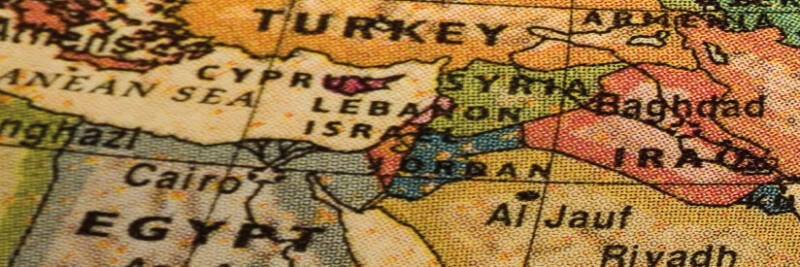
Broadcast on BBC Radio 4’s Thought for the Day, 11 June 2003
Share
Those involved in the current drive for peace between Israel and the Palestinians call it the Road Map. But there’s a difference between a road and a map. On a map everything is clear. It’s when you take to the road that things get complicated. There are traffic jams, diversions, and delays. That’s when you need more than a map. You need the patience, courage, and determination to live through a hundred setbacks and still keep going. That’s what both sides need right now.
So far the signs are good. After the Gulf War in 1991, a historic ten-year peace process began: first Madrid, then Oslo, then Camp David and Taba. Never before had the two sides been so close. Tragically, that process collapsed into violence – and now, two and three quarter years later we can see what it brought. Nothing – except for the hundreds dead and thousand injured on both sides, leaving wounds that will take years to heal. And now, after the second Iraq war, the two sides have come together again. Leaders on both sides have taken significant steps, saying things their followers never thought they’d say, and taking great risks in doing so. So far the signs are good. But there’s one obstacle still to be overcome. The single greatest mistake, and it’s been made many times in history, is to believe that peace is a zero sum game. If I win, you lose. If I suffer, you gain. It isn’t so. The truth is the opposite. From violence both sides suffer. From peace, both sides gain. That is why no one does a service to peace by demonising one side and making heroes of the other. Peace is a duet scored for two voices; and someone who thinks that one voice can win by drowning out the other just hasn’t understood what a duet is.
There’s an extraordinary verse early in the Bible that’s invariably mistranslated. Read literally it says this: “And Cain said to his brother Abel; and it came to pass that when they were in the field Cain rose against his brother Abel and killed him.” The syntax is fractured. "Cain said -" but the Bible doesn’t say what he said. The sentence breaks off midway, and the message is as sharp as a jagged edge.
When conversation fails, violence begins; and violence has no victors, only victims. That’s why as well as a road map, both sides need to commit themselves whatever else happens. Wars are won by weapons. Peace is won by words.
